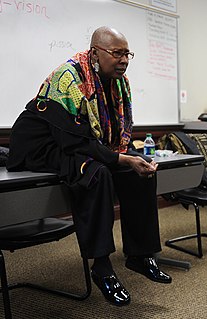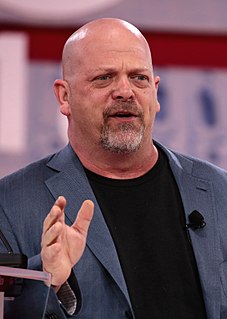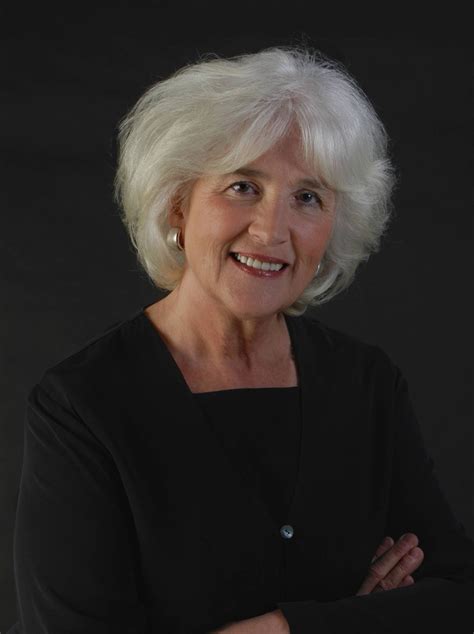A Quote by Erik Weihenmayer
The key is to really have tremendously high expectations and to teach kids how to be self sufficient and confident and give them the skills that they need to succeed.
Related Quotes
The myth of the self-sufficient individual and of the self-sufficient, protected, and protective familytells us that those who need help are ultimately inadequate. And it tells us that for a family to need help--or at least to admit it publicly--is to confess failure. Similarly, to give help, however generously, is to acknowledge the inadequacy of the recipients and indirectly to condemn them, to stigmatize them, and even to weaken what impulse they have toward self-sufficiency.
There's a lot of talk these days about giving children self-esteem. It's not something you can give; it's something they have to build. Coach Graham worked in a no-coddling zone. Self-esteem? He knew there was really only one way to teach kids how to develop it: You give them something they can't do, they work hard until they find they can do it, and you just keep repeating the process.
It only takes about 50 contact hours to transmit basic literacy and math skills well enough that kids can be self-teachers from then on. The cry for 'basic skills' practice is a smokescreen behind which schools pre-empt the time of children for twelve years and teach them the six lessons I've just taught you.
For kids, it's best to teach them how to fold their clothes first. Kids will be able to fold their clothes at about three years old. You don't want to teach them how to put away toys first because it's difficult. Clothes are something kids wear every day, so it's easy for them to have a sense about their belongings.



































